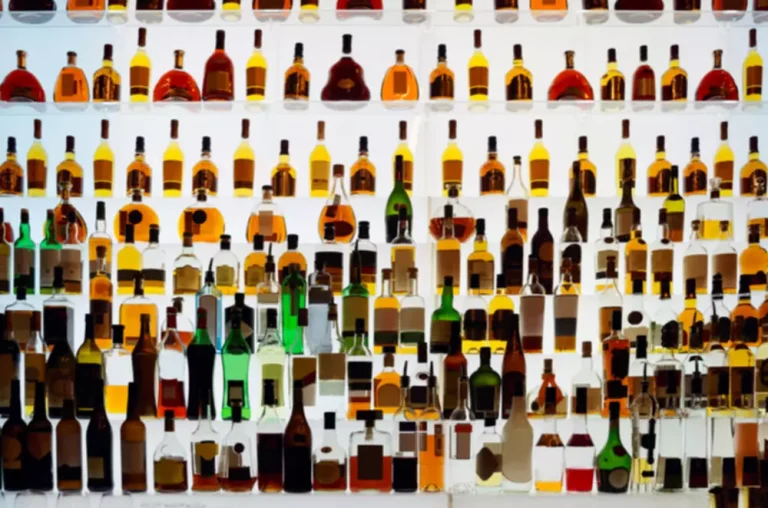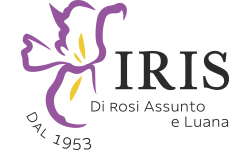
Alcohol addiction is a disease, but that doesn’t excuse abusive behavior. If your loved one behaves in toxic or aggressive ways, it’s best to talk this over with a therapist and develop a plan to keep yourself safe. Remember that addiction is a serious disease, and you’re doing the best you can. Try to nurture feelings of patience and self-love, especially on the days you feel those emotions the least. Keep in mind that these hobbies might not feel quite as enjoyable during the early stages of recovery.

Not Being Able to Alter Behavioral Responses
This does not mean that a person has a personality that sets them up to become an alcoholic. Davis noted that the study merely looked at the data, not the reason why semaglutide appears to reduce alcohol use disorder, but said it likely impacts the brain’s reward system. “So there was a dramatic decrease in new diagnoses of individuals with alcohol use disorder,” said Dr. Pamela Davis, study co-author. “That is, there seem to be a lot fewer individuals who were taking on enough alcohol to be diagnosed with a physician for alcohol use disorder.”
- Dry drunk syndrome can be a sign that you are close to relapsing.
- For over 20 years Dr. Umhau was a senior clinical investigator at the National Institute on Alcohol Abuse and Alcoholism of the National Institutes of Health (NIH).
- Doing a cost-benefit analysis to weigh the benefits of alcohol use against the cons and costs can sometimes help a person find clarity at this stage.
- Semaglutide drugs such as Ozempic and Wegovy have become commonplace in weight loss treatment, but new research shows the drugs may also be useful in treating substance abuse.
Alcohol consumption and pregnancy in American Indian and Alaska Native women: A scoping review of the literature
Integrated treatment involves treating both disorders at the same time. This can allow you to treat the symptoms of your mental health disorder without turning to alcohol or drugs. One potential challenge involves “dry drunk syndrome,” a slang term that originated in Alcoholics Anonymous (AA). It refers to traits and behaviors often seen with alcohol use that persist into recovery. Alcohol addiction may involve several different treatment methods.
Identify your reasons for drinking
- If you suspect you might be dealing with this syndrome, try not to be too hard on yourself.
- The abstinence stage typically begins right after you stop drinking.
- Getting sober may seem difficult, but there are strategies you can use to get and maintain sobriety.
- Spending time with your loved one, especially on activities you both enjoy, may help them feel more positive and optimistic about life in general.
- The study, reported June 17 in Microbiome, offers promising insights into the gut-brain axis and presents a novel therapeutic approach for excessive alcohol use.
- Davis noted that the study merely looked at the data, not the reason why semaglutide appears to reduce alcohol use disorder, but said it likely impacts the brain’s reward system.
Recovery from AUD is marked by stages of abstinence, withdrawal, repair, and growth. While the process may take several years, the outcome is a happier, healthier life where you have the freedom to fulfill your full potential. This stage typically starts 3–5 years after you’ve stopped drinking. People often need to address past trauma or familial issues during this time. McDermott revealed he enrolled in treatment program last summer after he found himself “drinking a fifth of tequila every night, seven days a week” and taking “a handful” of prescription medications.
People may start to believe that since they are no longer alcoholics, there isn’t anything else that needs to be done, but suddenly they cannot brush off negative thoughts. One may resist completing all the rehab program modules and stop regularly attending alcohol support group meetings. This condition is known to happen as a result of drug abuse as well. The study expands our understanding of the important relationship between the gut microbiome and alcohol consumption. There is strong evidence that binge drinking significantly alters the microbiome in ways that accelerate the cycle of addiction via the gut-brain axis. Our findings provide a possible biological explanation for why that occurs and identify a potential therapy for reducing excessive alcohol use.”
Alcoholic Recovery Stages
If you are sober and feeling fulfilled and happy, preventing dry drunk syndrome involves continuing to engage in a daily routine of recovery. For that reason, simply quitting substances without changing one’s lifestyle or other behaviors and thought processes simply isn’t enough. Taking away the substance doesn’t fix the problem that the addict or alcoholic was trying to solve through the use of the substance in the first place. When someone https://ecosoberhouse.com/article/anger-and-alcoholism/ doesn’t replace their addiction with a healthy pattern of living or a new solution to dealing with life, they can end up feeling empty, discontent, and full of anguish. This is what’s referred to as “dry drunk syndrome.” It’s an addict or an alcoholic with no drugs or alcohol, and also no solution. A person might start to suffer from a low stress tolerance or behave impulsively, repeatedly engaging in unhealthy or dangerous behaviors.

Most people who make their way into recovery have left a lot of pain and suffering in their wake. Feeling guilty or ashamed of past behavior or actions during active addiction is natural and healthy. Research shows that if you maintain these types of toxic relationships, your chances of relapsing are greater. To avoid relapse and remain sober, it’s important to develop healthy relationships. If PAWS is severe or if you’re experiencing prolonged symptoms, a medical professional can help you work through them and remain in recovery without relapse.
What is a Co-Occurring Disorder?

If you find it difficult to make new, sober friends, try joining a support group. If you’re already coping with depression or other mental health concerns, these symptoms might further complicate matters and make you feel even worse. sober alcoholic meaning This can sometimes trigger renewed alcohol use, especially in the absence of more helpful coping techniques. Within AA, for example, it’s sometimes used to refer to people who aren’t “working the program” or trying hard enough.
- The best way forward for your recovery from alcohol or substance use is to incorporate a wide variety of strategies that will help foster success.
- If patients succeed in abstaining from alcohol, most signs will subside.
- This could push them away and make them more resistant to your help.
- Try talking to your treatment sponsor, accountability partner, or member of a peer support group.



